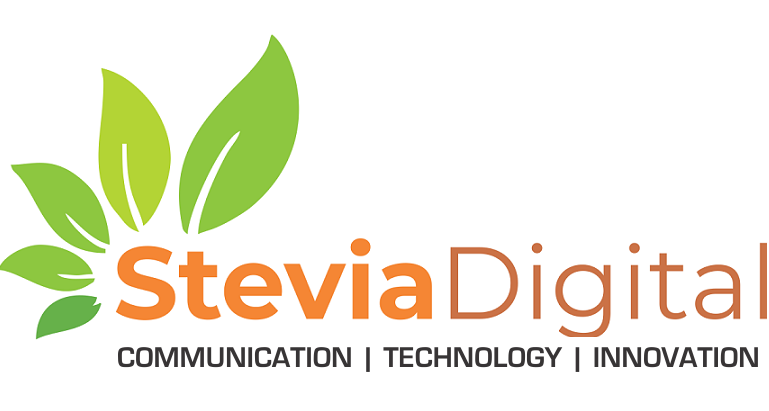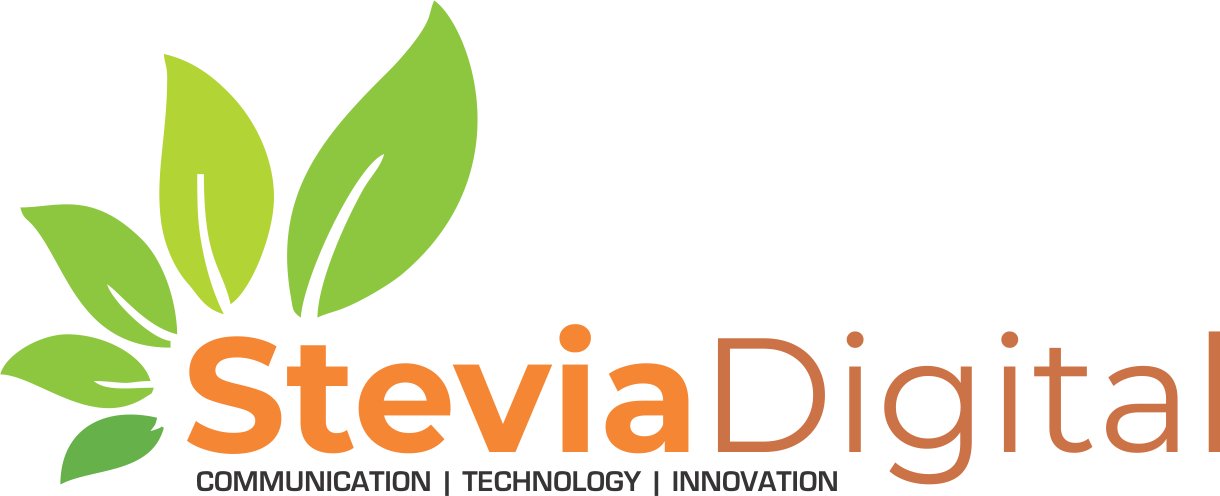Implementing a hospital management system can significantly improve efficiency, reduce paperwork, enhance patient care, and ensure better resource utilization in healthcare facilities. The choice of software should consider the specific needs and scale of the hospital, as well as regulatory requirements in the region of operation.
Administrator Plus an integrated new generation hospital management system software(HMS) or Hospital Management Information Syste (HMIS) which converges latest technology and your administrative process to manage work process within the hospital. This is designed for multi-specialty hospitals, to cover a wide range of Hospital administration and management process.


